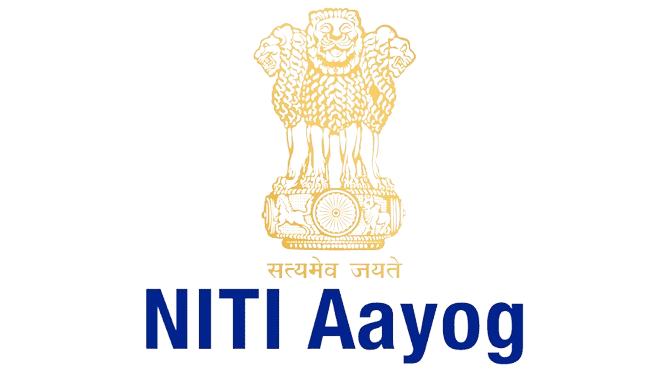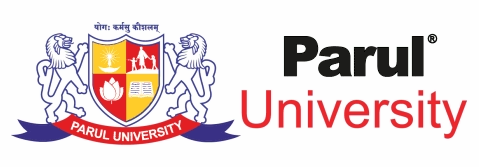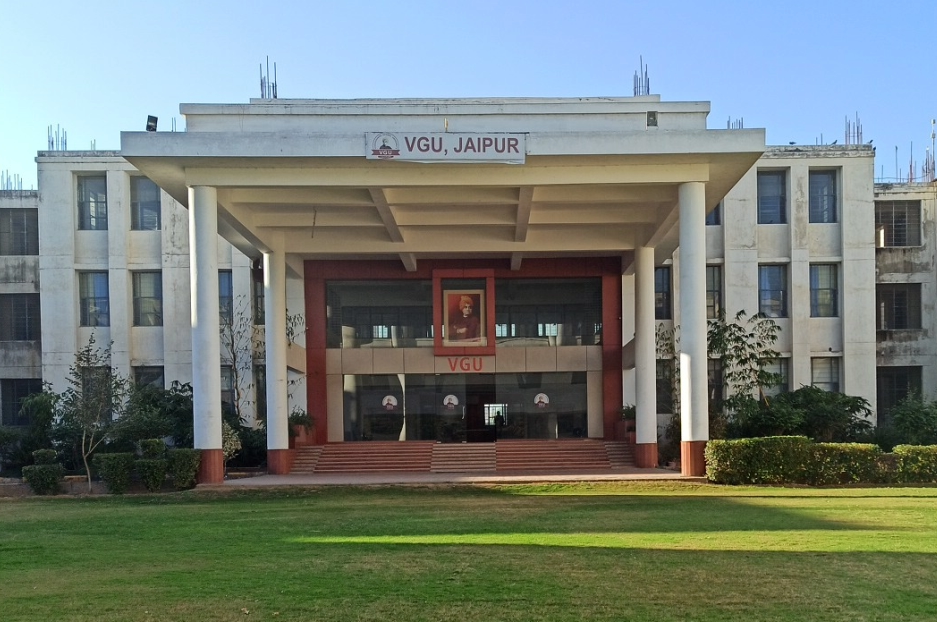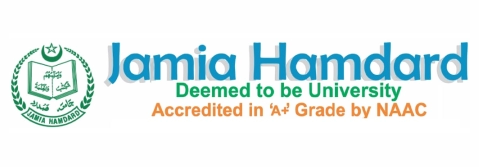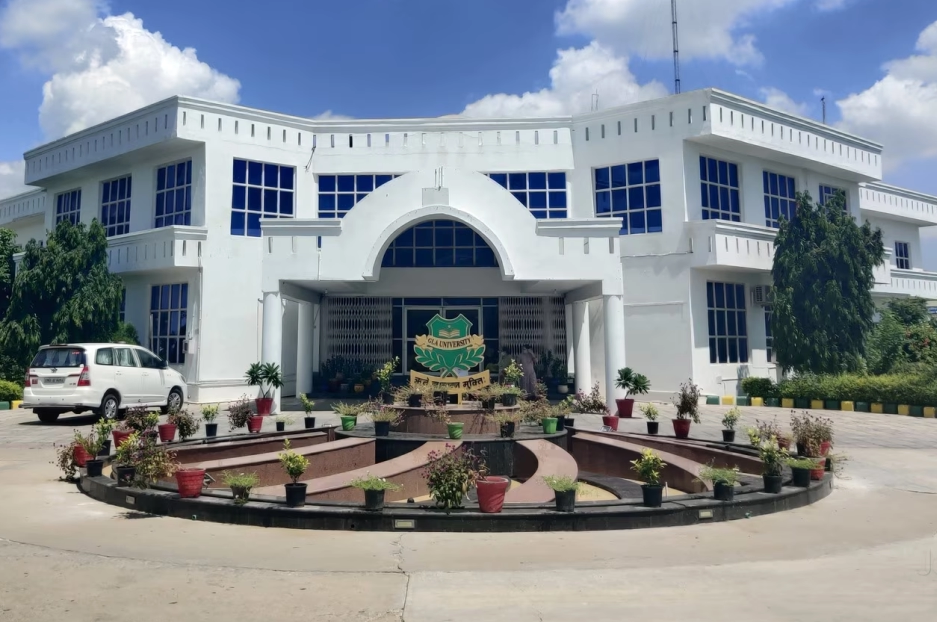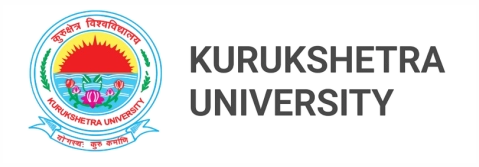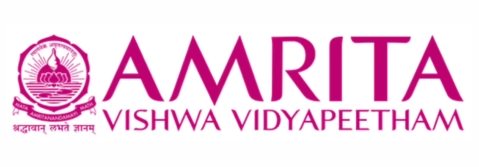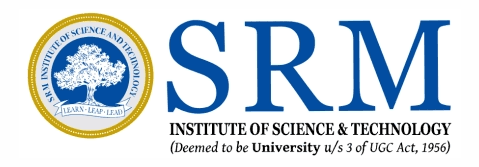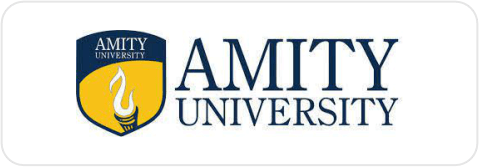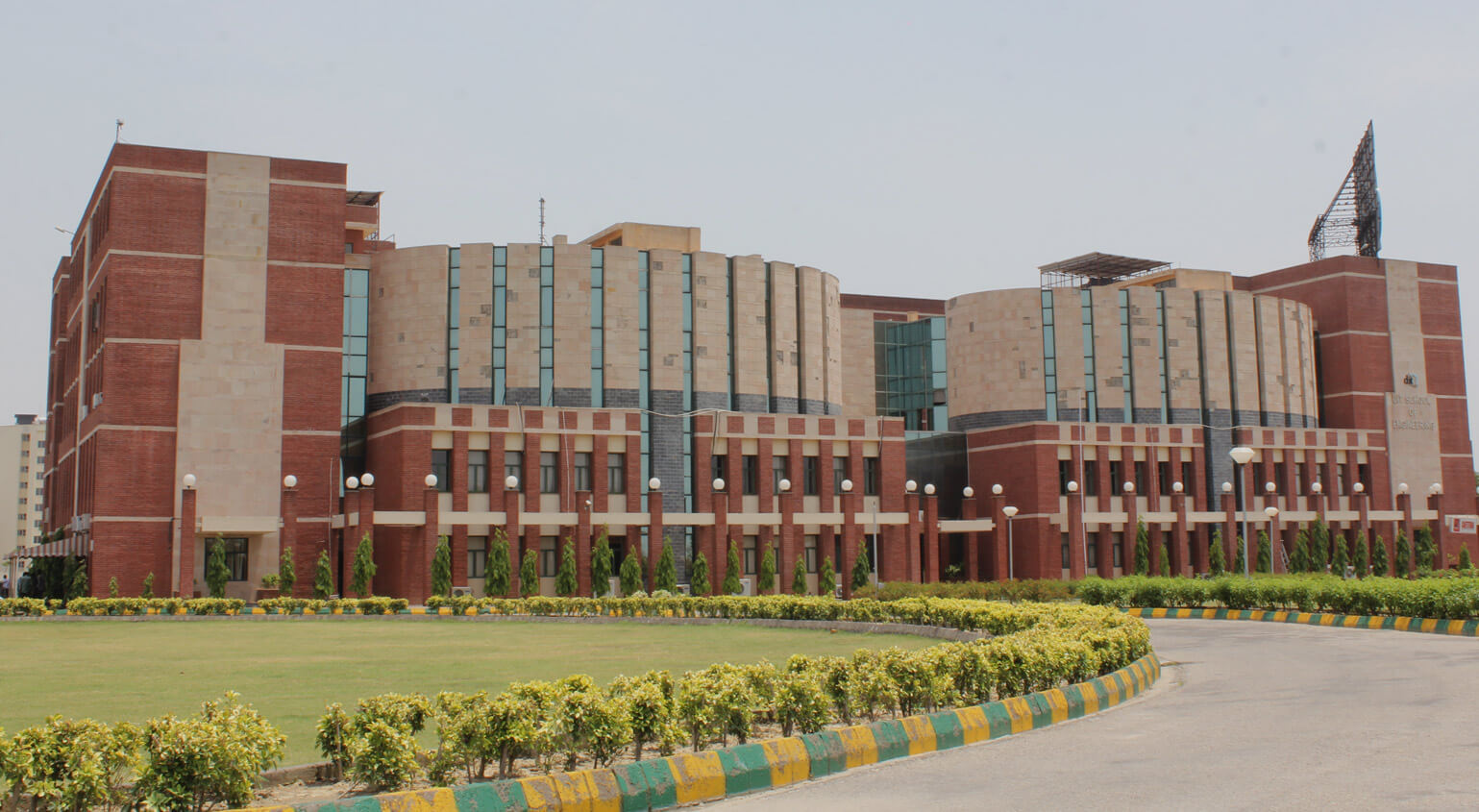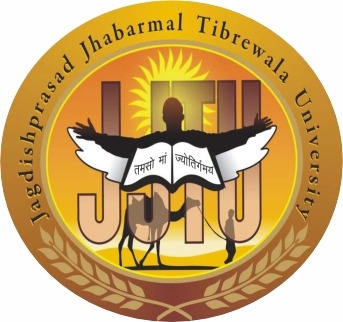An Honorary Doctorate, or Doctor Honoris Causa, is a prestigious award granted by an institute to recognize an individual’s significant contributions to society, specific fields, or the world at large. This honorary doctorate is typically awarded to individuals who have made profound impacts in areas such as healthcare, economics, entertainment, politics, business, occult studies, medicine, and science. It is often given to presidents, world leaders, celebrities, scientists, artists, healers, astrologers, coaches, and lawyers in recognition of their outstanding contributions.
Benefits of an Honorary Doctorate
Recognition of Achievements: An honorary doctorate acknowledges significant contributions and achievements in a particular field, providing formal recognition of an individual’s impact and dedication.
Enhanced Prestige: Holding an honorary doctorate adds to the recipient’s prestige and public profile, often leading to increased respect and admiration within their professional and social circles.
Networking Opportunities: The award can open doors to new networking opportunities, allowing recipients to connect with other esteemed professionals, academics, and leaders i in their field.
Public and Media Attention: Honorary doctorates often attract media attention, which can further elevate the recipient’s visibility and influence, both nationally and internationally.
Career and Advisory Roles: Recipients may gain access to advisory roles, board positions, and speaking engagements that can leverage their expertise and experience.
Honorary Title: The title “Dr.” can be used as a mark of honor and respect, although it should be noted that it reflects recognition rather than an academic qualification.
Personal Fulfilment: Receiving an honorary doctorate can be a significant personal achievement, providing a sense of accomplishment and validation of one’s efforts and contributions.
Increased Credibility: The honor can enhance the recipient’s credibility in their professional and public engagements, reinforcing their standing as a leader or expert in their field.
Influence and Impact: The recognition can amplify the recipient’s ability to influence and impact societal issues, drawing attention to their causes or initiatives.
Legacy Building: An honorary doctorate contributes to the recipient’s legacy, commemorating their contributions and setting a standard for future generations in their area of expertise.


.png)
.png)
.png)
